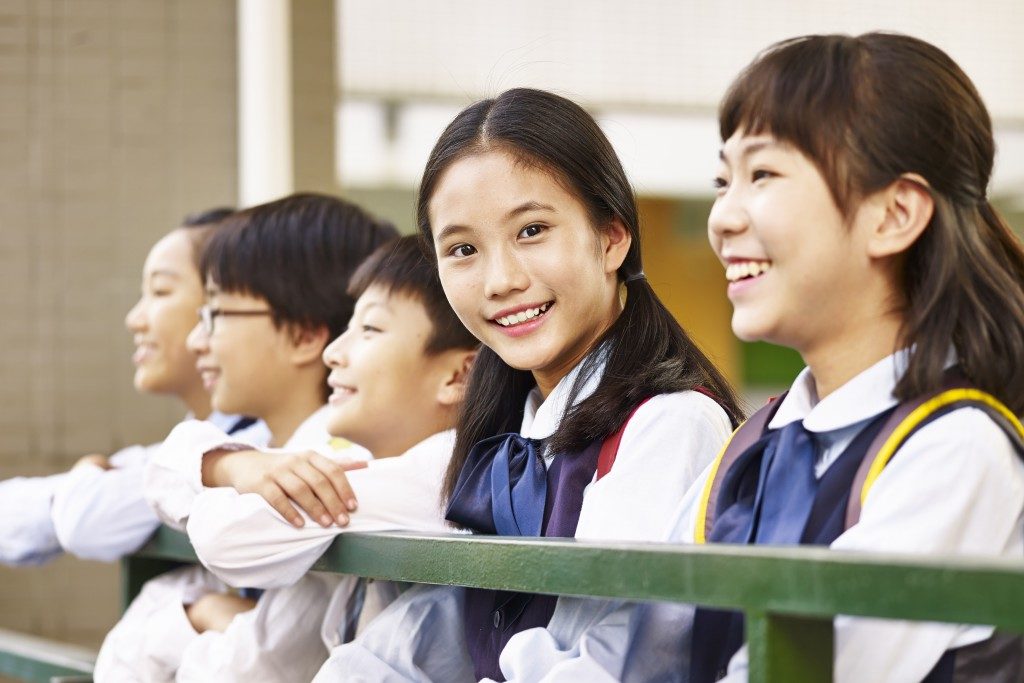Ever since Singapore gained independence from the British over half a century ago, it has slowly risen to the top of the list of the best educational systems in the world.
It has consistently performed well alongside countries like Finland, Hong Kong, Japan, and South Korea. In 2015, it was recognised by the Organization for Economic Cooperation and Development (OECD) as having the world’s best educational system.
It now boasts of some of the top schools and universities in the region, including the National University of Singapore whose NUS Business Analytics Centre offers one of the best programs for MS in Business Analytics in Singapore and Southeast Asia.
How did Singapore turn things around to become one of the best educational centres in the world?
The Success Story That is the Singaporean Education System
OECD director, Andreas Schleicher says that the average Singaporean student is highly proficient and skilled in Math and Sciences. Compared to those in the West, the typical 15-year old Singaporean student is 10 months advanced in English and 20 months ahead in Mathematics. They also rank high and have the best scores in international tests. How do they do it?
Focused Teaching
Singaporean students do exceptionally well in exams and tests because of the style and standard of teaching in Singapore’s schools and universities.
Teachers in Singapore dominate classroom discussions and roll out highly conventional and traditional teaching styles. Their classes are focused on practical problem-solving skills that should help them solve problems in the real world. The classes are also highly academic and are centred on preparing students for end-of-term exams and important national tests.
Teach Less, Learn More
Singapore’s Ministry of Education is continually evaluating how things are done based on the effects it has as a whole and on the students’ welfare and development. Their goal is the constant improvement of the educational system to stay competitive on a global scale.
In recent years, the stress level for students has significantly increased. There have been numerous reports of students experiencing overstress and psychological problems brought about by academic pressure. In response, the Singaporean government stopped publishing lists of top notchers in national exams to lessen the pressure on students. Singapore’s education system has recently adopted the ‘teach less, learn more’ strategy that allows teachers to focus on the quality of education rather than the number of lessons taught.
Debunking the Talent Myth

The ‘talent myth’ that says some kids are smarter and more talented than others is almost non-existent in Singapore. Singaporean parents’ mindsets and support to their children are to thank for this.
Around 70% of Singaporean parents sign their kids up for other classes outside of school for more holistic development for their children. Local bookstores dedicate over half of their shop to educational books. This goes to show how much they value education and learning.
Whatever else it is they are doing, it certainly is working as Singaporean students are excelling in exams and international tests with graduates moving on to highly skilled jobs in different industries.



